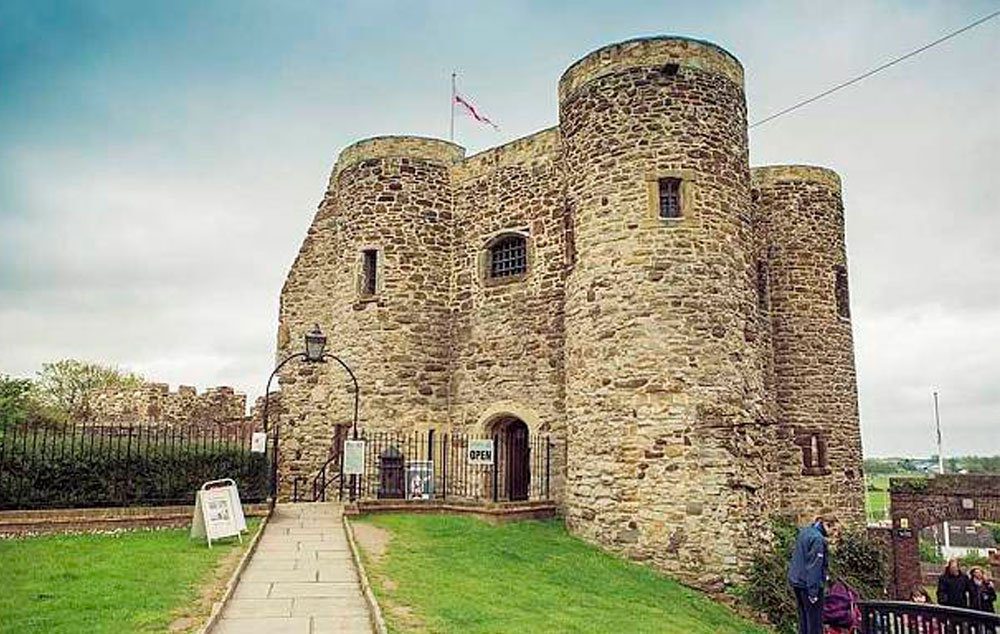A recent survey, commissioned by the Department for Work and Pensions, found that nearly two thirds of the UK’s top attractions were not fully accessible for wheelchair users.
A travel company has since claimed that it is easier to arrange holidays for disabled people abroad than in Britain.
“I was astonished,” said Ted Hill, the CEO of the British Polio Fellowship, “I would like to call on these venues to make themselves completely accessible for all.
“I believe the UK to be among the leaders in equal opportunities and diversity, but clearly the attractions involved in this survey do not get the message.”
Many of the foundation’s members are consigned to a wheelchair or suffer from reduced mobility due to the effects of polio and post-polio syndrome.
Speaking last month, Mark Harper, the minister for Disabled People, said the research showed that “improving the accessibility of hotels and self-catering apartments and tourist attractions for disabled travellers is a no-brainer.”
The survey was conducted by Vitalise (vitalise.org.uk), a national disability charity specialising in providing holidays for people with disabilities and carers. They contacted the top 100 most visited attractions in the UK, only 52 of which replied.
Of these, 63 per cent said that they were not completely accessible to wheelchairs. Of the 27 venues that charged for entry, 44 per cent offered no discount at all for disabled people. The ratio of disabled loos to non-disabled loos was disappointing also and only a fifth had hoists available – indispensable for some disabled guests.
A quarter of the visitor centres, museums, galleries and heritage sites had no disabled parking spaces at all and a quarter had no ramps to its doors, including from parking areas. Just 13 per cent had trained their staff in disability awareness.
More than a quarter of those who responded said they did not have accessibility information available on their website.
Tourism businesses have obligations under the Equality Act 2010, which requires that service providers must think ahead and take “reasonable” steps to address barriers that impede disabled people.
Still, the Disability Holiday Directory, Britain’s biggest disabled holiday company, claims it is unable to accommodate 20 per cent of its clients who want to take a holiday in the UK every year because of a shortage of accessible accommodation.
Telegraph Travel now includes a category relating to disabled access in every hotel review we publish.
“There are more than 11 million people in the UK with a limiting long term illness, impairment or disability and the majority of these are of the type that affects mobility,” said Mr Hill. “That’s potentially a sixth of the population that can’t access all of the facilities at these venues.”
Visit England admitted more improvements were necessary but said tremendous progress has been made in recent years, with England now being a leading destination in accessible tourism. “There are many attractions in England that provide excellent facilities and services for visitors with access needs,” a spokesman said. “However, there is still more work to be done. Even small and often very affordable changes like providing an Access Statement can go a long way in helping people to enjoy their visit.”
Visit England offers guidance on improving access at www.visitengland.org/access. The accessible tourism market is worth over £2billion a year to England’s tourism industry.
Source: Telegraph



